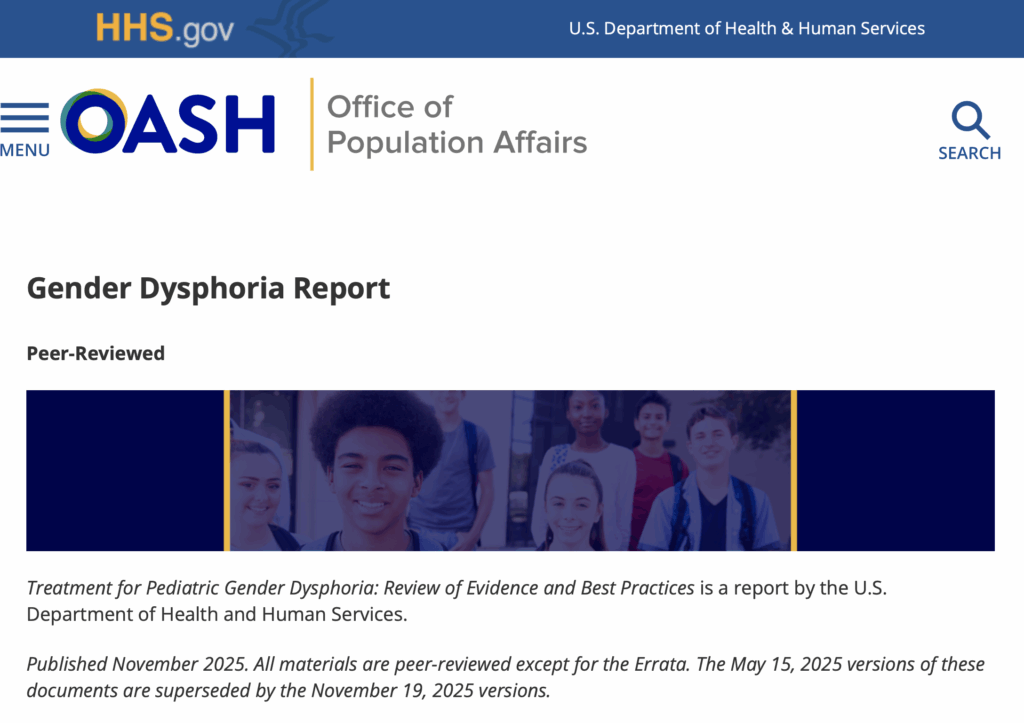Three states are rushing ahead to integrate Common Core testing into their education systems. New Jersey, Maryland, and Washington state will tie graduation to Common Core tests. Students who have not mastered Common Core material will have to find other ways to demonstrate high school proficiency and college readiness.
Students not proficient in Common Core may even have to take a high school equivalency test from a state that has not adopted Common Core.
“In New Jersey, it’s actually one of a mix of alternatives, because of pushback against the governor,” said Robert Schaeffer, public education director for FairTest, the National Center for Fair and Open Testing in Boston. “We certainly expected that states that have graduation tests would begin phasing in the Common Core tests for that purpose, and that’s one of the reasons we’re opposed to the Common Core tests.”
Defining Readiness
High school aptitude and college readiness are not the same thing, however, says Michael McShane of the American Enterprise Institute.
“The real issue I see here is that colleges ultimately determine what is ‘college and career ready’ not state K-12 standard setters,” McShane said. “I’m not convinced that colleges are going to see passing a Common Core-aligned exam as evidence of college readiness.”
“I imagine they are going to want some kind of third party—think ACT or SAT—kind of information,” said McShane.
Little Real Change
“We’ve long been opposed to high-stakes testing, both test overuse and misuse,” said Schaeffer. “Common Core intensifies both of those detrimental educational trends by not at all reducing the number of tests that will be given or the consequences they’ll be given, like graduation, and replacing pretty bad tests with ones that are not much better, despite the promises of proponents that they would be a whole new generation of tests that went beyond the bubble and really assessed higher-level learning in a more meaningful way than multiple choice. Our position is: new tests, pretty much like the old tests.
“We support, as does the measurement profession itself, multiple measures in which you use a variety of factors. Primarily [among these are] the ongoing work that students do over time that demonstrates their knowledge, skills, and abilities to make educational judgments, kind of like the way they do in graduate school.
Schaeffer continued, “Even before Common Core, say last year, there were too many tests and they were misused. Common Core added to the problem.
“The introduction of the Common Core related testing has united folks on the right and libertarian end of the spectrum, with folks who have long criticized standardized tests who tended to be of the progressive side of the spectrum,” Schaeffer said. “We now have a very unusual alliance, a left-right agreement, that these tests need to be rolled back, and that is a politically powerful phenomenon.”
Loren Heal ([email protected]) is a research programmer at the University of Illinois at Urbana-Champaign and a reporter for The Heartland Institute.
Image by Alberto G.





